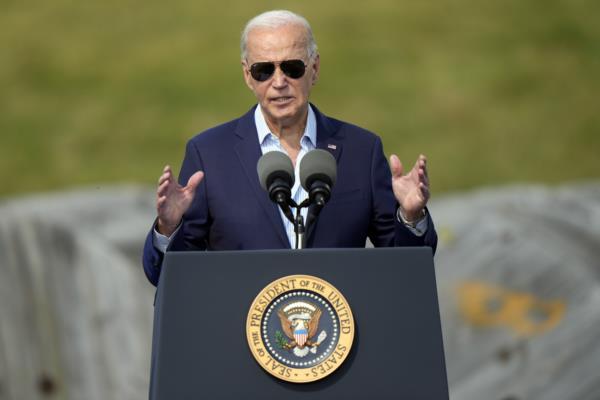
The Biden administration and Israeli Prime Minister Benjamin Netanyahu are facing disagreements over the prospects of reaching a deal for a Gaza cease-fire and hostage release. Netanyahu has expressed skepticism, stating that a breakthrough is not close despite U.S. officials working on a revised proposal to address remaining disputes.
According to National security spokesman John Kirby, the only disagreements remaining are related to the implementation details of the cease-fire proposal. President Joe Biden's team has been working with mediators Egypt and Qatar to facilitate an agreement between Israel and Hamas in the 11-month war in Gaza.
Netanyahu has raised concerns about certain conditions, including the demand for Israeli forces to maintain a presence in a buffer zone along Gaza's border with Egypt to prevent arms smuggling by Hamas. This demand has been a point of contention in the negotiations.
Hostage families have accused Netanyahu of potentially sacrificing their loved ones by blocking a deal. Despite public pressure and calls for a resolution, Netanyahu has emphasized the need for heavy pressure on Hamas to secure concessions.




U.S. officials have highlighted that Israel has supported the negotiations, while Hamas has been seen as obstructing a deal. However, there are ongoing disagreements, particularly regarding the exchange of hostages captured by Hamas and the release of Palestinian prisoners.
The U.S., Egypt, and other Arab nations have raised objections to a lasting Israeli presence in the Philadelphi corridor, further complicating the negotiations. The hope is that a cease-fire agreement will help calm tensions in the region and prevent a wider conflict.
Despite the challenges, U.S. officials believe progress has been made in recent months towards structuring a potential deal. The situation remains complex, with key issues still unresolved as both sides continue to negotiate.







